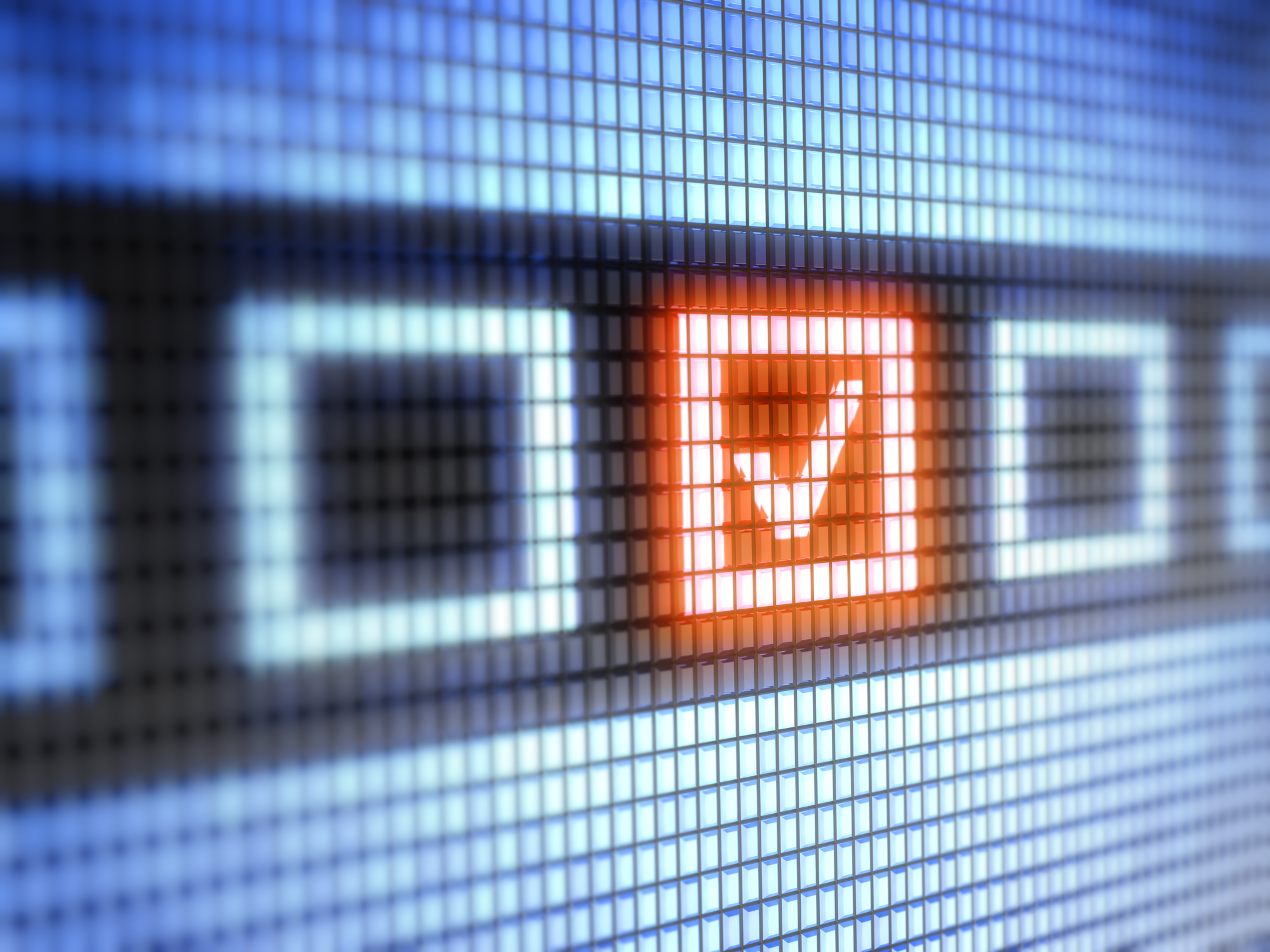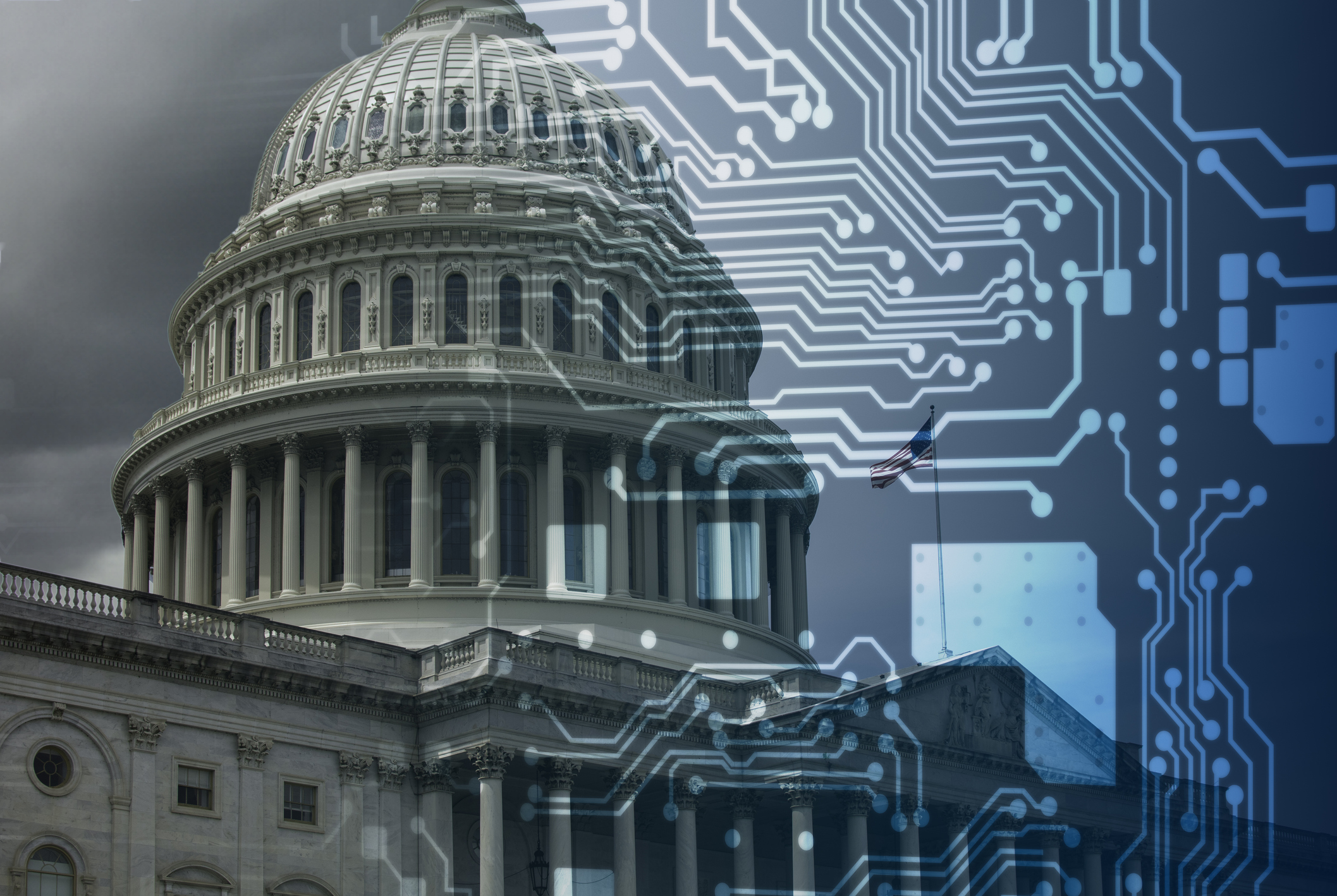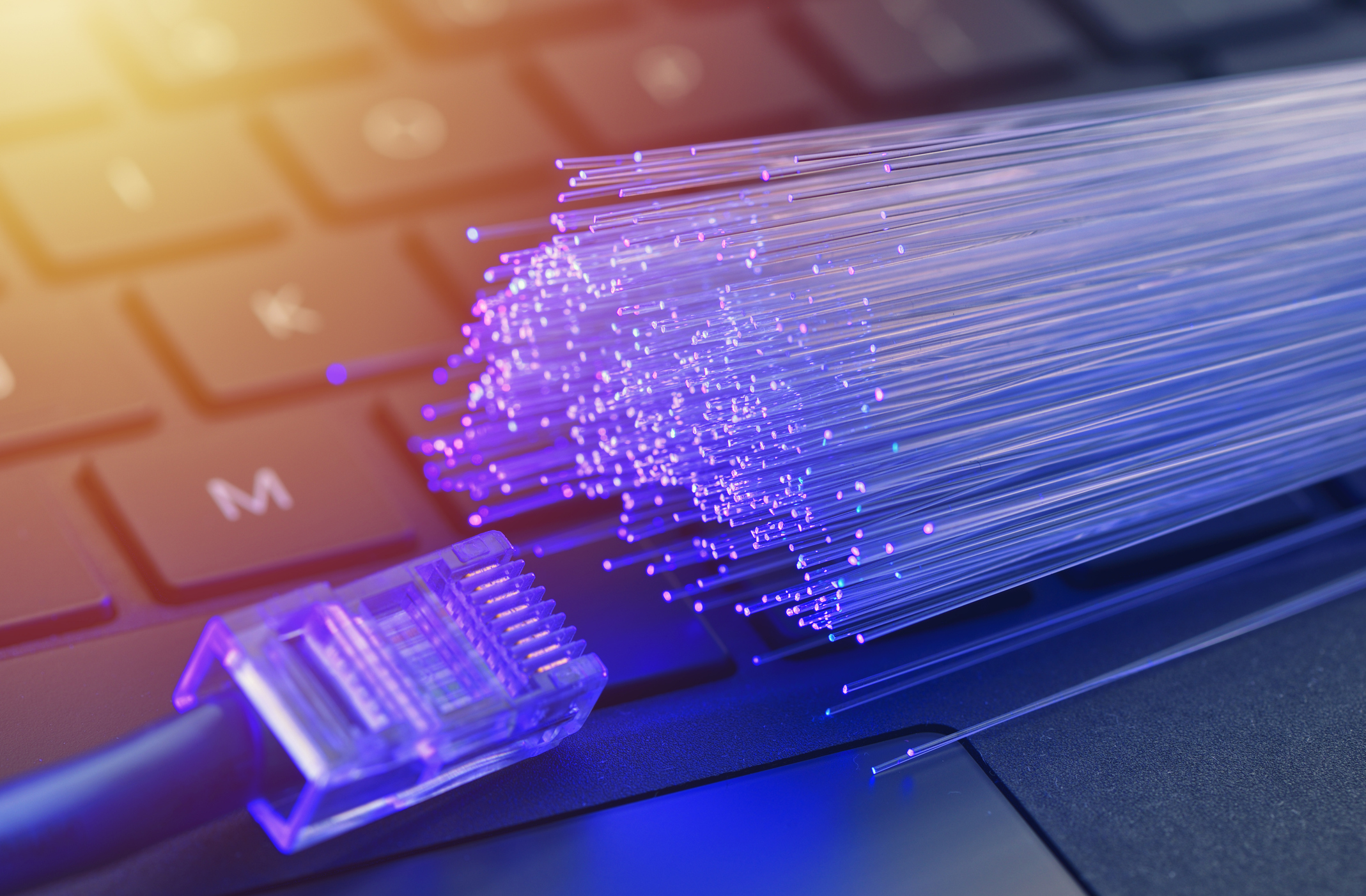Have you ever looked at your cell phone bill? Really looked at it?
I just looked at mine and calculated how much of my monthly payment is going to my cell phone provider and how much to the government. It’s a whopping 10.5%! In other parts of Washington state, taxes and fees can climb to well over 25% of your bill.
According to a recent study by the Tax Foundation, Washington has the third-highest wireless tax rate in the country, topped only by Illinois and Alaska. Washington residents, on average, pay 26.05% of their cell phone bill on taxes. Alaska is at 26.13% and Illinois is at 27.55%. It seems my 10.5% is actually very good, especially for Washington!
Taxes are, of course, inevitable. Unfortunately, wireless taxes are spiraling out of control. As our society comes to rely more and more on wireless technology, local and state governments around the country have made sure to benefit from this growing industry.
The Tax Foundation’s research shows that the average wireless tax has climbed steadily over the last decade. In 2006, the national average was just 14.13%, while today the national average is 19.1%. And that’s not just taxes keeping pace with the economy. As a point of reference, in 2006 the average sales tax was 7.04%, and today is only 7.65%. The wireless tax rate has exploded, despite sales taxes staying relatively flat.
So, if the expansion isn’t coming from sales taxes, where’s it coming from?
Examining my own wireless bill, a big portion of my taxes are 911 fees. Fully funding our emergency services is vital, and I don’t begrudge a percentage of my bill funding our police, our EMTs, our fire fighters and the infrastructure they need to operate safely and efficiently. I do begrudge the money that is taken for “911 fees” and used for other purposes. And according to the Tax Foundation’s research, that’s a common occurrence. In Chicago, for instance, the city increased their “911 fee” by over $1, but most likely used the extra income to cover a pension shortfall.
Another significant portion of my cell phone bill is the Federal Universal Service Fund (FUSF) charge. This fee is managed by the Federal Communications Commission and is supposed to be used to promote universal telecommunications access. Ironically those same fees often increase the barriers a poor family faces as they search for a decently-priced cell provider, harming the very people the FUSF is supposed to help.
High wireless fees operate like a regressive tax, harming those who are struggling financially most of all. If government officials care about their people and their economy, they should be focused on creating more avenues for people to join the wireless world. The potential benefits are huge – not only for individual economic growth, but societal growth as well. Instead, states like Washington seem committed to their own short-term bottom line, missing the big-picture opportunities for long-term growth.
The disappointing thing about all this is that consumers should currently be enjoying lower wireless prices. Healthy competition has driven base wireless prices down in recent years, with a dramatic drop from 2017 to 2018. But growing wireless taxes have stopped much of that benefit from reaching consumers’ bottom lines.
To see how your state’s wireless fees stack up, read the Tax Foundation’s full report here. Or you could take a closer look at your own cell phone bill – it’s an instructive exercise!





